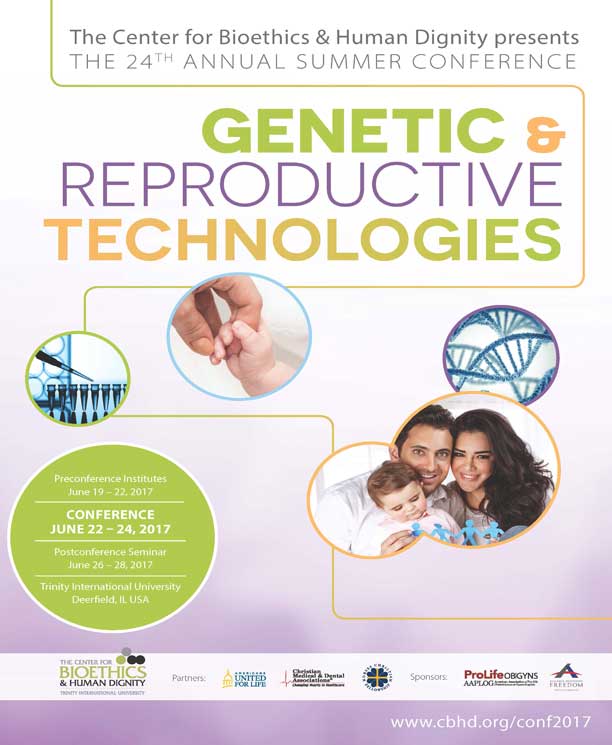
Autonomy is sanctified in American medical care as the most important of the four principles of Beauchamp and Childress (autonomy, beneficence, non-maleficence, justice), partially due to the negative consequences of paternalism. Medicine, deferring to autonomy, presents treatments as choices where a choice does not exist, creating false hope and often creating guilt of an unneeded decision on the family. Examples of presenting medical situations as viable choices to patients/families include: CPR in the ICU patient with multi-system organ failure, where CPR does not change mortality; CPR in hemorrhage, where CPR is not indicated; continued life-sustaining treatment in the ICU when death is inevitable. Under the guise of autonomy, we also tend to offer therapeutic options without any opinions or recommendations as to what may be the best treatment plan for the patient. The physician attempts to adhere to ethical neutrality, as if all treatment options are equal. In doing so, the physician abdicates his/her responsibility as the subject matter expert, refusing to help guide the family through the difficult decisions imposed by the ever-expanding options provided by complex medical technologies. This presentation will discuss the unintended consequences of autonomy and why shared decision-making is a better method for the patient, family and physician.